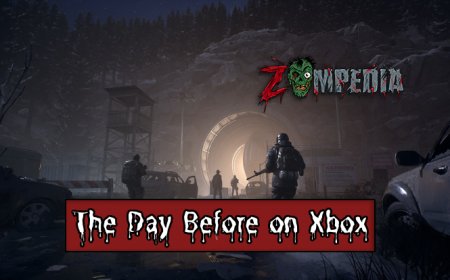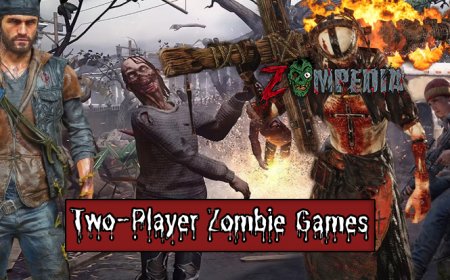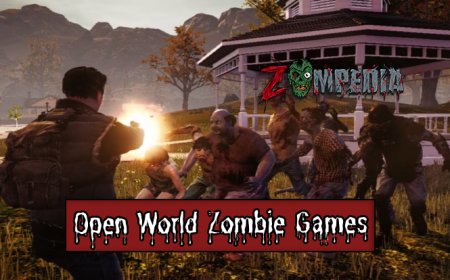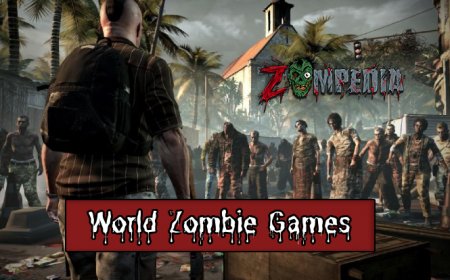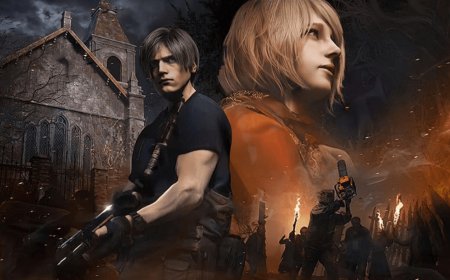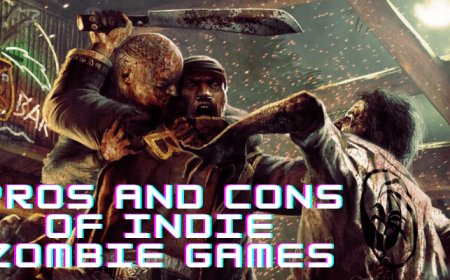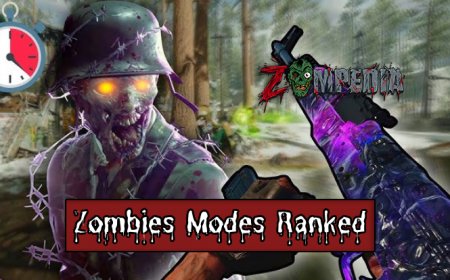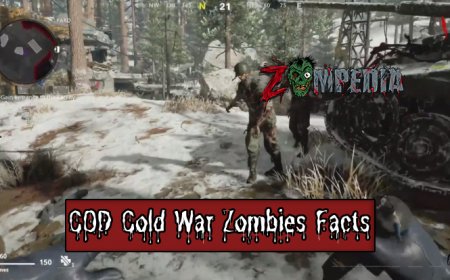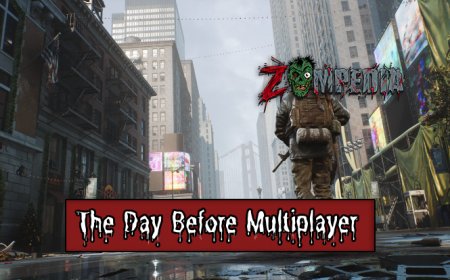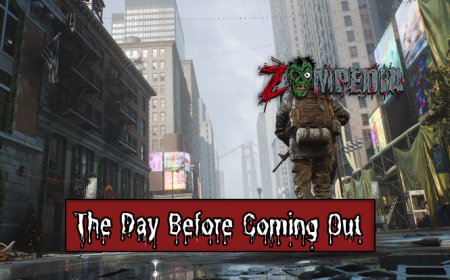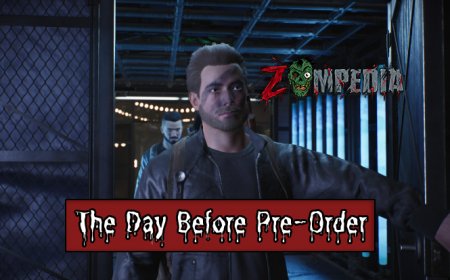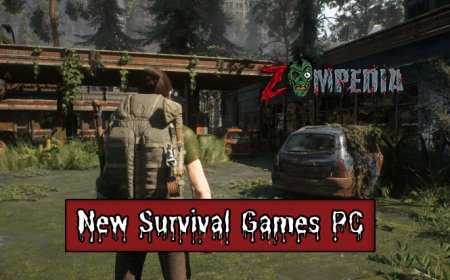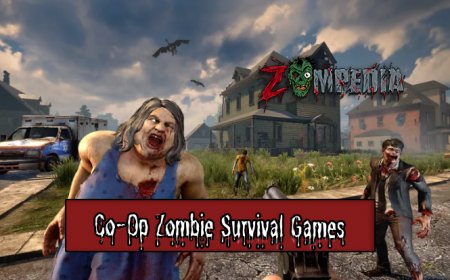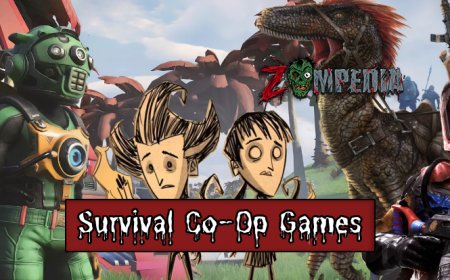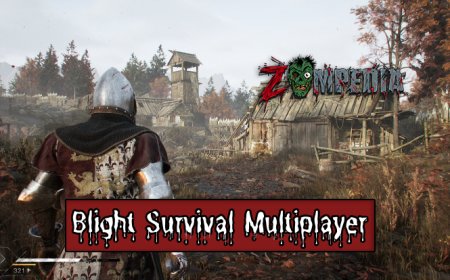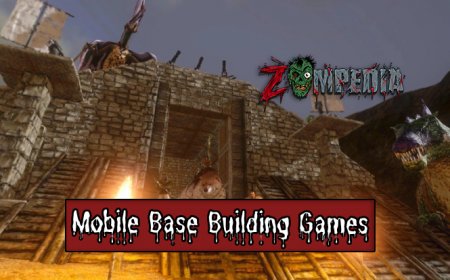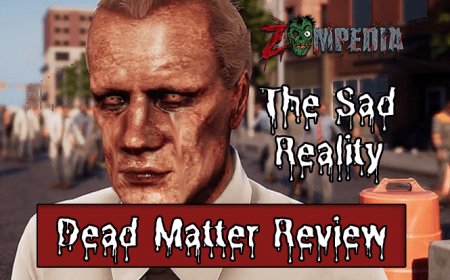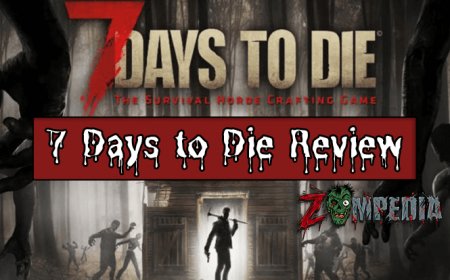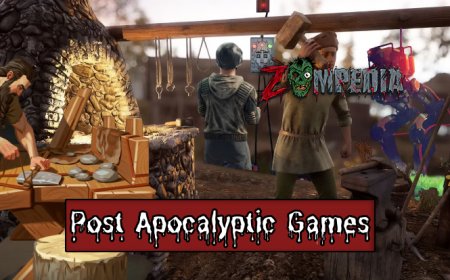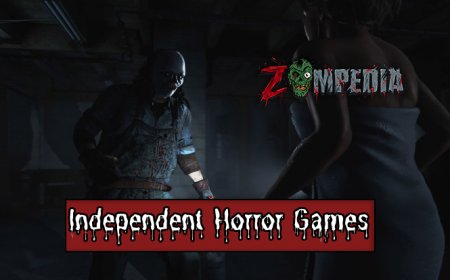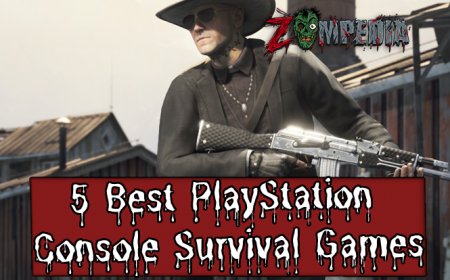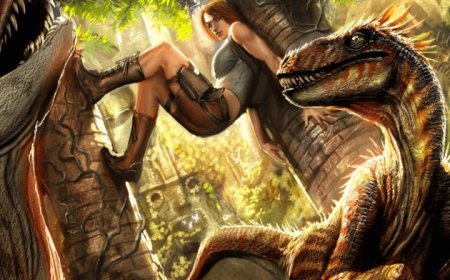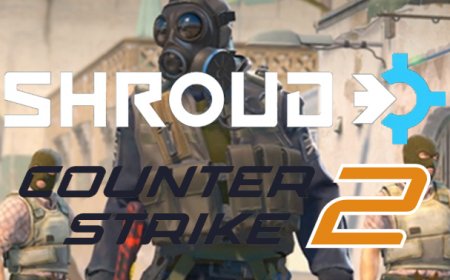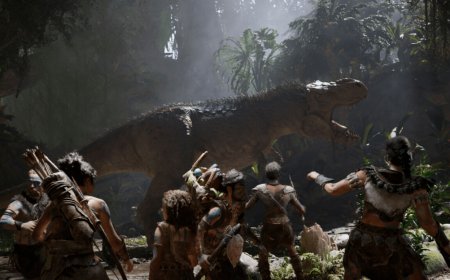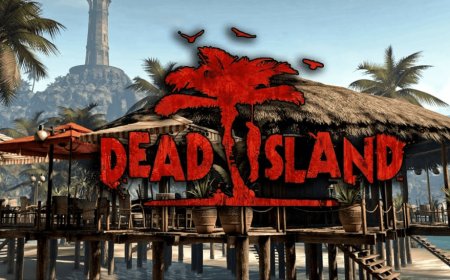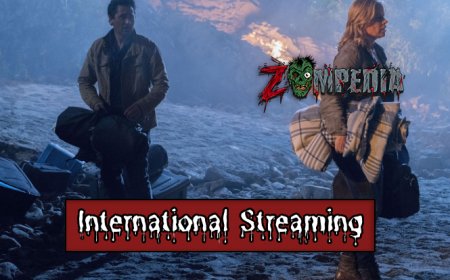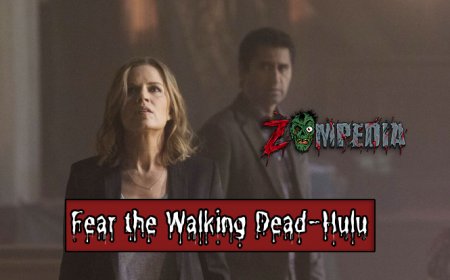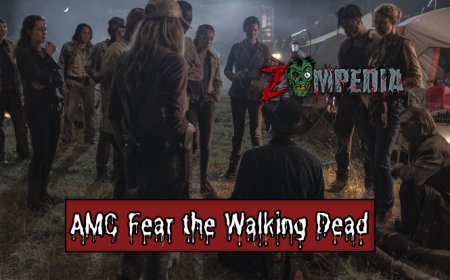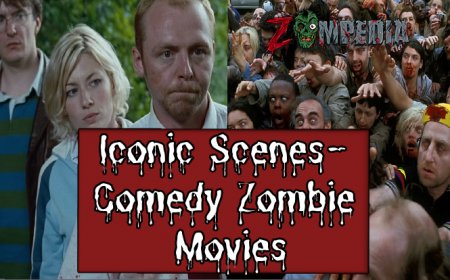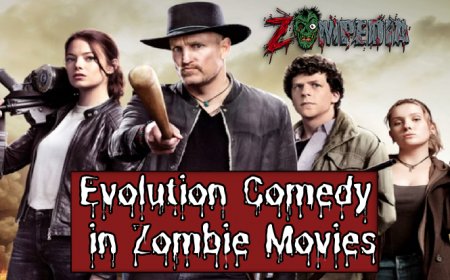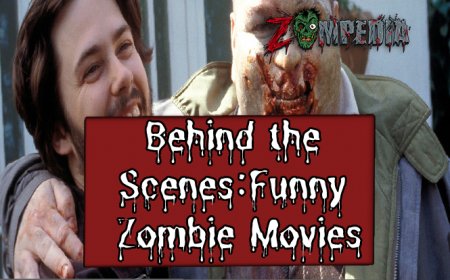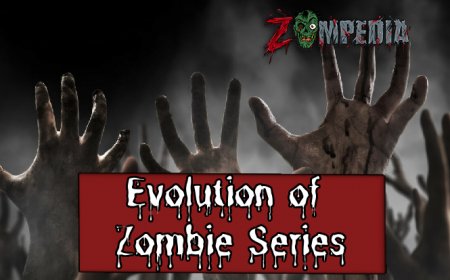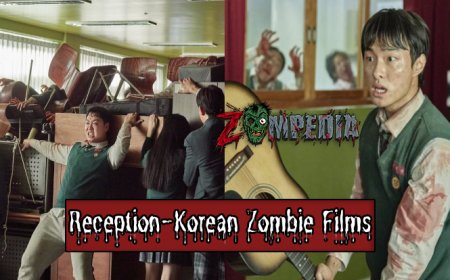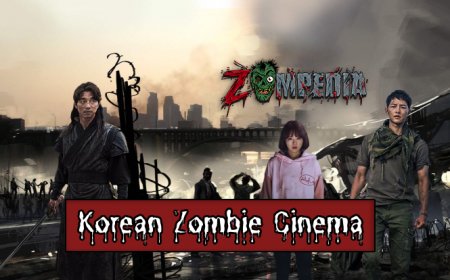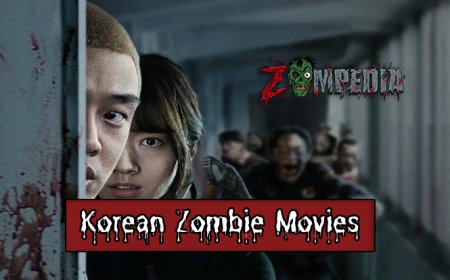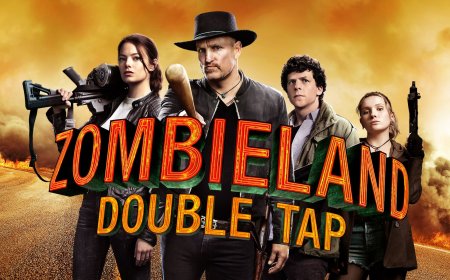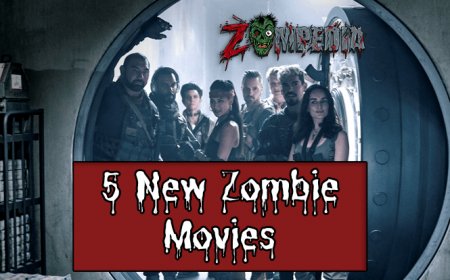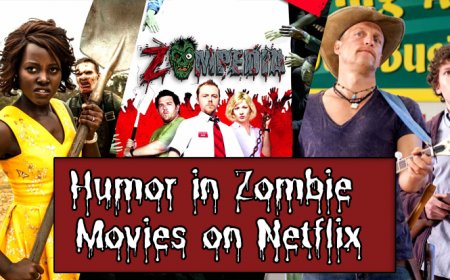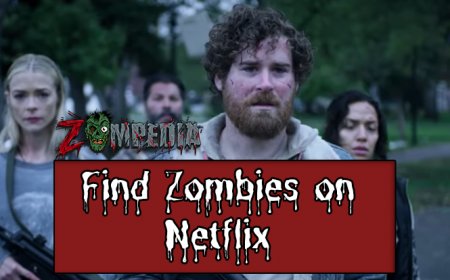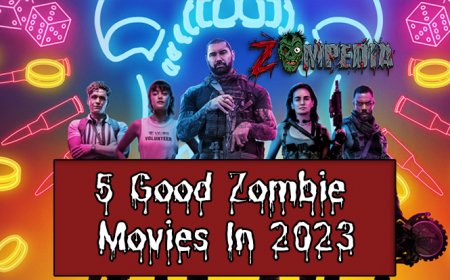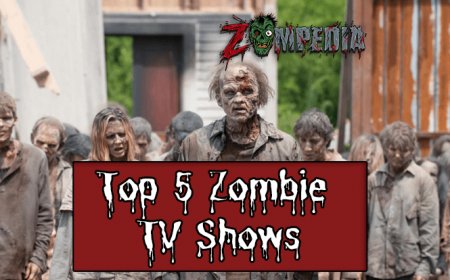Cultural Significance of The Walking Dead's Best Seasons
Explore how The Walking Dead's top seasons resonated with audiences and impacted popular culture.
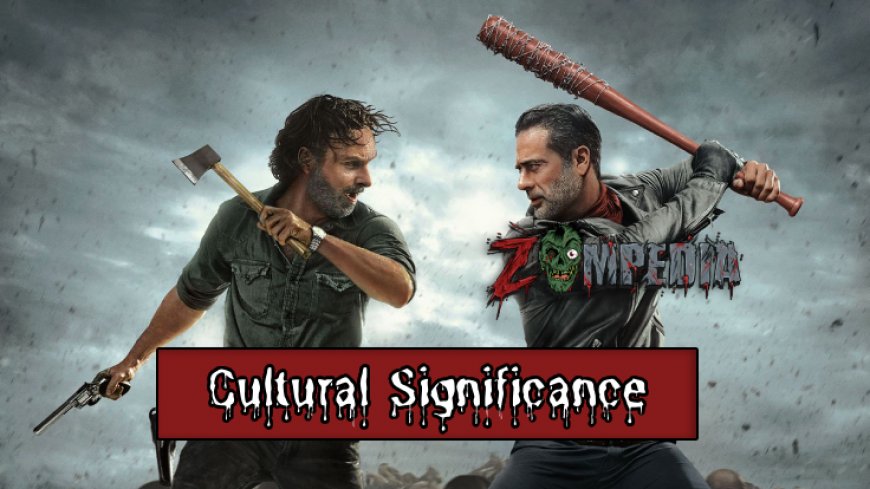
The cultural significance of The Walking Dead's best seasons cannot be understated. Having gripped viewers worldwide, the show's standout narratives have impacted popular culture significantly. This article delves into the depths of how The Walking Dead resonated with audiences and promulgated its influence on societal attitudes, behaviors, and cultural norms. From its memorable characters to its hauntingly graphic portrayal of a zombie-filled post-apocalyptic world, the series has etched its mark in our collective consciousness.
Exploring the Cultural Impact of The Walking Dead's Standout Seasons
What makes The Walking Dead truly exceptional is not just its thrilling storylines but also the cultural resonance it has achieved. Its best seasons have provoked thought, incited dialogue, and shaped consumer behavior in unexpectedly profound ways.
Table of Contents
- Unmasking The Walking Dead's Cultural Influence
- Character Development and its Social Repercussions
- Survival Mechanisms: Interweaving Realism and Fiction
- Exploring Themes of Morality During a Zombie Apocalypse
- The Zombie Culture: A Reflection of Contemporary Society
- Closing Thoughts: The Walking Dead's Unending Cultural Metaphor
Unmasking The Walking Dead's Cultural Influence

The The Walking Dead has secured its place not only in the hearts of zombie genre-lovers but also in the wider cultural spectrum. The sheer popularity of the series and its penetrating influence on various aspects of societal life underscores its significant cultural impact. Let's delve into this phenomenon.
The Phenomenal Popularity
First aired in 2010, The Walking Dead took the world by storm almost immediately. During its peak, the show garnered a tremendous following of millions of viewers, showcasing its universal appeal in an era fraught with a plethora of popular series competing for viewer attention.
Cultural References
Be it in popular music, literature, movies, or internet memes, references to The Walking Dead can be found virtually everywhere. This goes beyond mere references to zombie apocalypse scenarios. Powerful phrases introduced by the series, such as "We are the walking dead", have found their way into both popular and intellectual discourse.
Character Development and its Social Repercussions
In exploring the cultural significance of The Walking Dead's best seasons, one must not overlook the profound character development witnessed in the show. It has spurred intense online discussions, enabled viewers to form deep connections with characters, and even influenced fans' perceptions about personal and social values. Here's how:
- Challenging traditional gender roles: Characters such as Michonne and Carol defy stereotypical female roles, portraying strength, bravery, and strategic brilliance.
- Diversity: The series boasts an ethnically diverse cast, positively reinforcing the idea of racial equality.
- Exploring moral absolutes: Decisions made by characters like Rick Grimes challenge conventional ideas about good, evil, and necessary survival instincts.
Survival Mechanisms: Interweaving Realism and Fiction

What truly sets The Walking Dead apart from its predecessors is its realistic portrayal of survival mechanisms in a post-apocalyptic setting. While the idea of a zombie apocalypse remains fictional, the survival strategies the characters employ resonate with real-world crisis management, and have kindled a survivalist trend among viewers. Let's break down this intriguing phenomenon.
Realistic Survival Strategies
The series delves into the nitty-gritty of surviving in a post-apocalyptic world - from securing food and shelter to organizing a functional group dynamic. It underlines the importance of both physical survival skills and mental resilience, striking a chord with viewers and giving birth to numerous survival tactics and doomsday prepping discussions among fans.
The Survivalist Trend
Notably, the detailed exploration of survival techniques on the show has coincided with, and likely contributed to, an increased interest in real-world survivalist trends. From wilderness survival courses to the rising popularity of disaster prepping, fans apply lessons learned from The Walking Dead to their own lives - a testament to its significant cultural impact.
Exploring Themes of Morality During a Zombie Apocalypse

The ethical dilemmas weaved into The Walking Dead's narrative offer a rich exploration of morality during apocalyptic times. Through decision-making situations frequently faced by Rick Grimes and his crew, the series probes the elasticity of moral boundaries in the face of survival. This thematic concentration contributed substantially to making the show intriguing, relatable, and culturally significant.
Survival vs. Humanity
From using gruesome measures to ward off zombies to making life-altering choices about fellow survivors, the characters are constantly challenged to balance the instinct for self-preservation and upholding human values. These themes resonate with viewers and spark nuanced conversations about moral lines in desperate circumstances.
The Importance of Community
Moreover, the emphasis on community and unity in the face of adversity is an attribute that reaches far beyond the context of the show. Amid societal divisions and geopolitical tensions, The Walking Dead underscores the indispensable value of community, fostering a sense of belonging among its global audience.
The Zombie Culture: A Reflection of Contemporary Society

The concept of "zombies" has long been a staple of horror and suspense genres. However, The Walking Dead took this idea and crafted it into a direct commentary on today's societal challenges. Thus, observing the zombie culture in the lens of The Walking Dead offers broader cultural insights.
- Social and Political Commentary: Amid the gore and horror, The Walking Dead subtly comments on social issues and political climate, often presenting a dystopian depiction of societal downfall triggered by bad leadership or societal discord.
- Fear and Anxiety: The pervasive atmosphere of fear and insecurity on the show eerily echoes the uncertainties prevalent in contemporary society, whether it's economic instability or global health crises.
- Individualism vs. Collectivism: The communal existence of the show's protagonists highlights the tension between individual survival and collective welfare, a conflict that permeates today's societal debates.
Closing Thoughts: The Walking Dead's Unending Cultural Metaphor
The cultural significance of The Walking Dead's best seasons reaches far beyond its entertainment value. By reflecting societal values, challenges, and aspirations in its narrative, it connects with its audience on a deep level. This connection sparks discussions, influences views, and instigates behavioral changes.
From the shifts in popular culture it induced, its contributions in propagating survivalism, to its thematic explorations of human morality, The Walking Dead has transcended traditional boundaries of a television series.
It is more than just a tale of survival in a zombie-infested world. It's an exploration of the human condition, a critique of societal structures, and a check on our moral compass. Amid the seemingly ceaseless chaos, it reminds us of what it means to be human - to survive, to adapt, and ultimately, to prevail.
What's Your Reaction?







